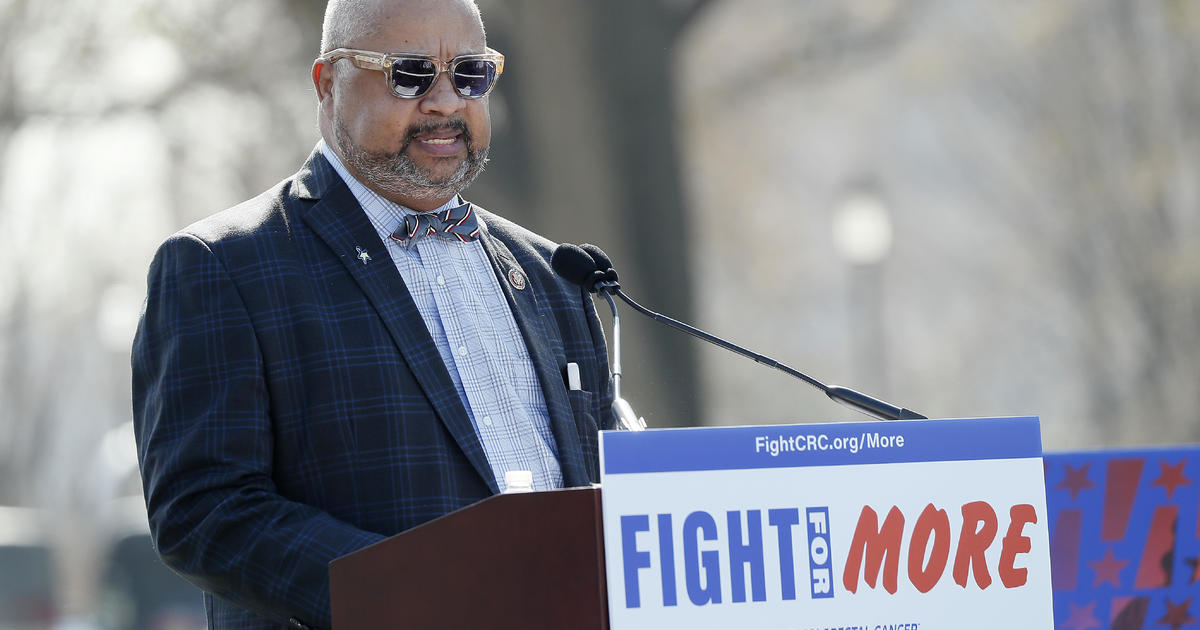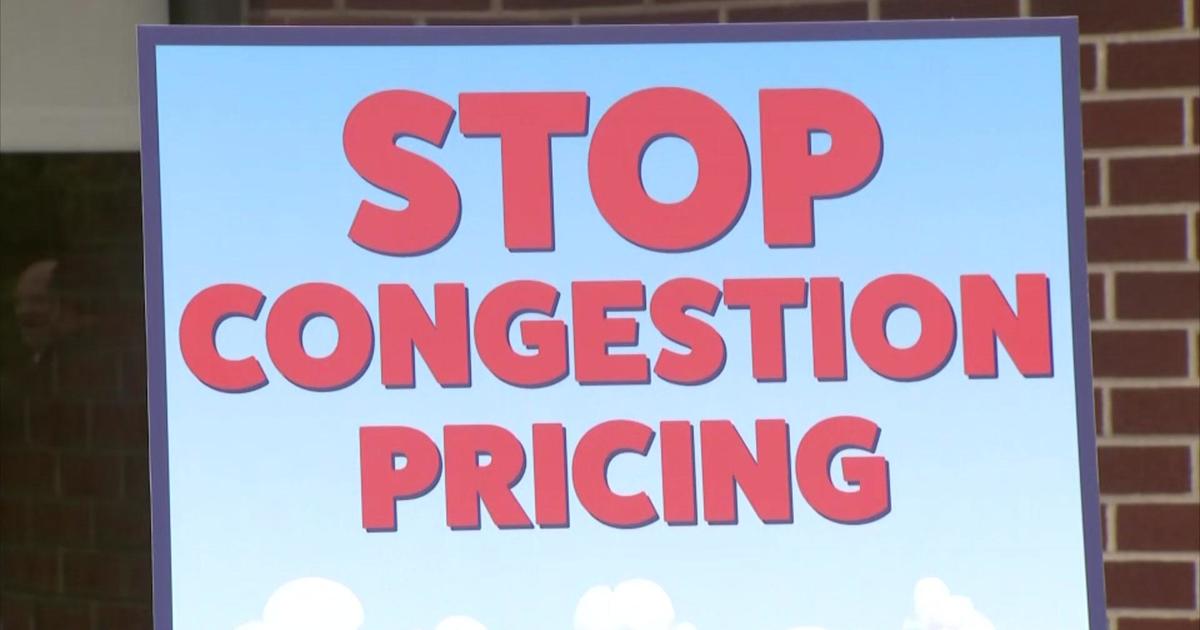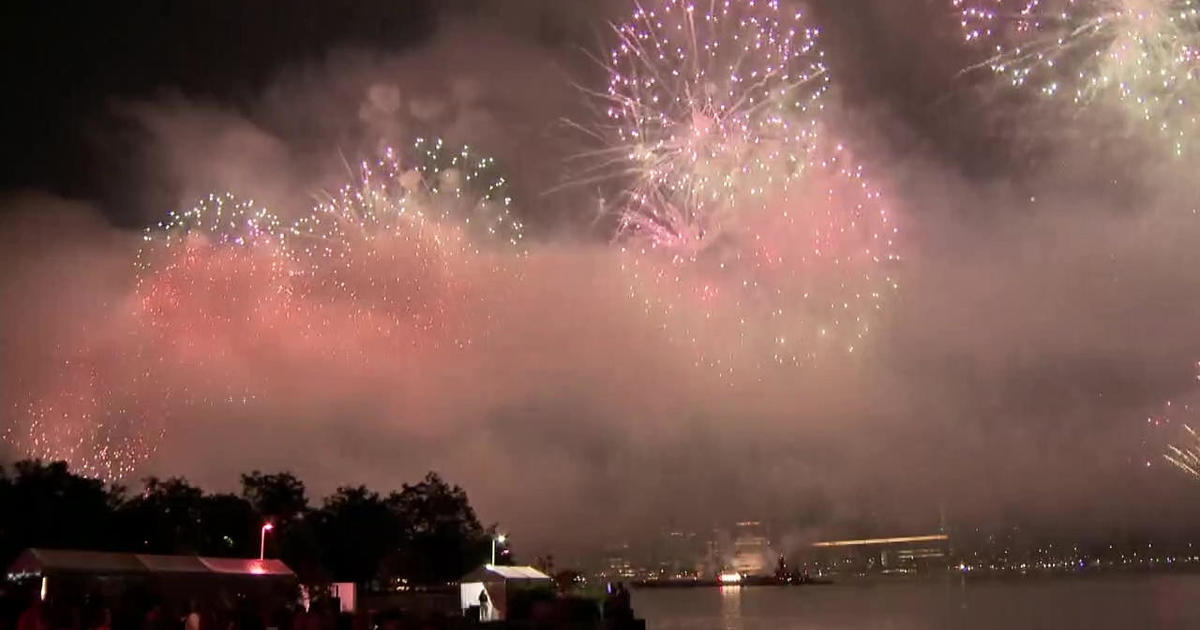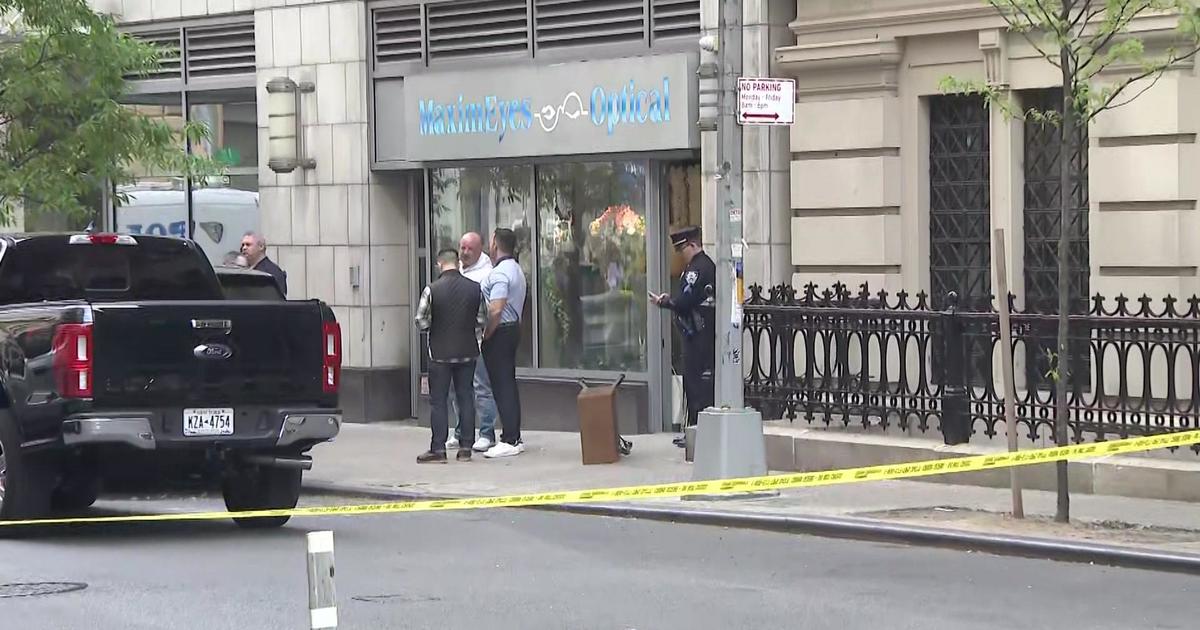Black History Is Our History: Examining Scientific Misconduct That's Lead To African American Distrust Of The Medical Community
NEW YORK (CBSNewYork) - In honor of Black History Month, we're taking a look back at the history of scientific misconduct that has lead to African American distrust of the medical community.
This has had a crucial impact during the fight against the coronavirus.
CBS2's Aundrea Cline-Thomas met 60-year-old Felicia King in Harlem. Despite her underlying health condition, when it's her turn, she has no plans of getting the COVID vaccine.
COVID VACCINE
- New York State book online here or call 1-833-NYS-4-VAX
- New York City book online here or call 877-VAX-4NYC
- Nassau County more info here
- Suffolk County more info here
- Westchester County more info here
- New Jersey book online here or call 1-855-568-0545
- Connecticut book online here
"The White House has been so chaotic in the last term, who's to believe anything that they say," King said.
She's not alone. Data shows African Americans in the city and beyond are the least likely to get the vaccine.
Related: Mayor De Blasio Acknowledges Racial Disparities In New York City COVID-19 Vaccine Distribution
"I don't trust it. And going back to history, way back, look what they did to the men in Tuskeegee," she said.
The 1932 Tuskeegee study, where for 40 years the federal government withheld treatment to hundreds of Black men who had syphilis to study its long term effects. It caused suffering and, in some cases, death.
WATCH: Extended Interview About Vaccines, Effectiveness And Racial Distrust
In the 1950s, a Baltimore doctor biopsied the cancer cells of Henrietta Lacks. Without consent, researchers continued to use the cells decades later without compensating her family.
"I think all of that needs to be acknowledged and actually cannot be trivialized because I think our communities have had to deal with the medical profession with some amount of skepticism that was protective," said Dr. Hasina Outtz Reed of Weill Cornell Medicine.
Scientific misconduct that fueled mistrust.
"But then I would also say this isn't the moment that we're in now," Dr. Outtz Reed said.
The development of the COVID vaccines are different in many ways. Trials were conducted on thousands of willing volunteers from different backgrounds.
Dr. Kizzmekia Corbett, a Black woman, is the lead scientist that developed the Moderna vaccine.
CORONAVIRUS PANDEMIC
- Ask CBS2's Dr. Max Your Vaccine Questions
- COVID Vaccine FAQ From CDC
- Vaccination Sites In New York City | Call 877-VAX-4NYC
- Find A New York City Testing Site Near You
- Check NYC Testing Wait Times
- Explanation Of N.Y.'s Yellow, Orange, Red Zones (.pdf)
- Resources: Help With Unemployment, Hunger, Mental Health & More
- Remote Learning Tools For Students And Parents At Home
- Complete Coronavirus Coverage
"The vaccine teaches the body how to fend off the virus because it teaches the body how to look for the virus," Dr. Corbett said.
And medical professionals were first in line for the shots.
"So we have someone from our community developing the vaccine for our community which needs it the most," Dr. Outtz Reed said.
Black churches like Abyssinian Baptist in Harlem are now vaccination sites, and are part of a strategy to build trust.
"You go up to the Armory, and they say that people from out of town, predominantly white coming to get the vaccine. Well, why? Because it works," said Rev. Dr. Calvin Butts of the Abyssinian Baptist Church.
And his biggest fear?
"More will die in our community, senselessly, needlessly," he said.
But the hardest hit communities are where vaccine hesitancy is the highest.
"We currently do take every encounter that we have as a precious moment to gain a patient's trust, but also to gain the trust of that person's network," said Dr. Joseph Ravenell of NYU Grossman School of Medicine.
A traumatic history haunting the present, when so much is at stake.
More From CBS New York:



